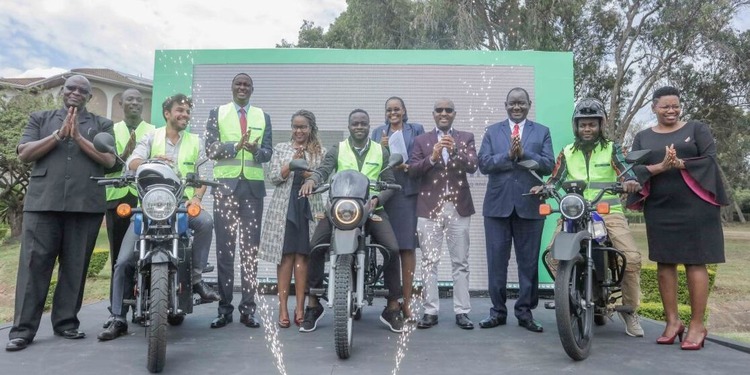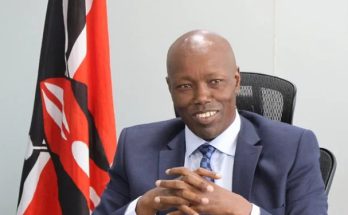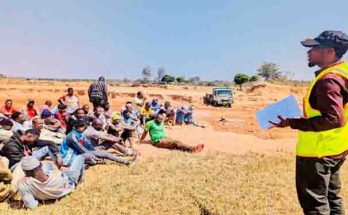
The KCB Foundation and the United Nations Institute for Training and Research (UNITAR) have partnered to promote the use of electric motorbikes by boda-boda riders in Kenya as part of the effort to accelerate the transition to a low-carbon resilient economy and enable the transition of 25% of the total loan portfolio to green investments by 2025, as well as as part of the KCB Net Zero ambition.
In terms of asset size, the KCB Group is the largest financial services business in East Africa. As of the end of H1 2021, it has an estimated asset base of around Ksh 1.02 trillion. Nairobi, Kenya, serves as the Group’s headquarters, with subsidiaries in Kenya, Rwanda, South Sudan, Tanzania, Uganda, and Burundi.
The KCB Foundation was created in 2007 to carry out the KCB Bank Group’s Corporate Social Responsibility initiatives and to demonstrate the bank’s commitment to long-term development in order to relieve poverty and improve well-being. To date, the KCB Foundation has invested an estimated 3 billion Kenya Shillings in community projects in Kenya, South Sudan, Rwanda, Tanzania, Uganda, and Burundi, according to their website. According to the KCB Bank Group, it is devoted to long-term development, prosperity, and poverty reduction in order to alleviate the suffering, high poverty levels, and linked difficulties that afflict communities in Eastern Africa.
To promote the shift to clean energy, the programme includes a user acceptability test, the introduction of a loan scheme for Boda Boda riders, and the provision of skills training through 2Jiajiri, SACCOs, Associations, motorbike dealers, and different government organisations.
The trial phase will begin in Nairobi, Kajiado, and Machakos counties, with 150 motorbike riders enrolled at a cost of around KES. 38.7 million sponsored by both the KCB Foundation and UNITAR.
KCB CEO Paul Russo stated during the ceremony that the relationship with UNITAR is part of the Bank’s multi-pronged strategy to working with like-minded partners to promote poverty reduction and job creation activities in keeping with the objectives of sustainable development.
“Through the E-Mobility programme with UNITAR, we hope to make it feasible for players in the transportation industry to buy inexpensive electric motorbikes and earn a living. At the same time, the Boda Boda riders will play an important part in reducing carbon emissions in the environment. This is a cause we are ready and prepared to support as part of our long-term environmental conservation efforts,” Russo added.
“This initiative will encourage electric mobility and eventually help to the attainment of multiple Sustainable Development Goals,” said Pius Masinde, the UN’s conduct and discipline officer (SDG).
All of these new innovations have me quite enthused. By 2025, KCB wants to have at least 25% of the overall loan portfolio, and it appears to be quite devoted to this goal. The transportation industry and electric mobility will gain significantly from KCB’s environmental initiative.



